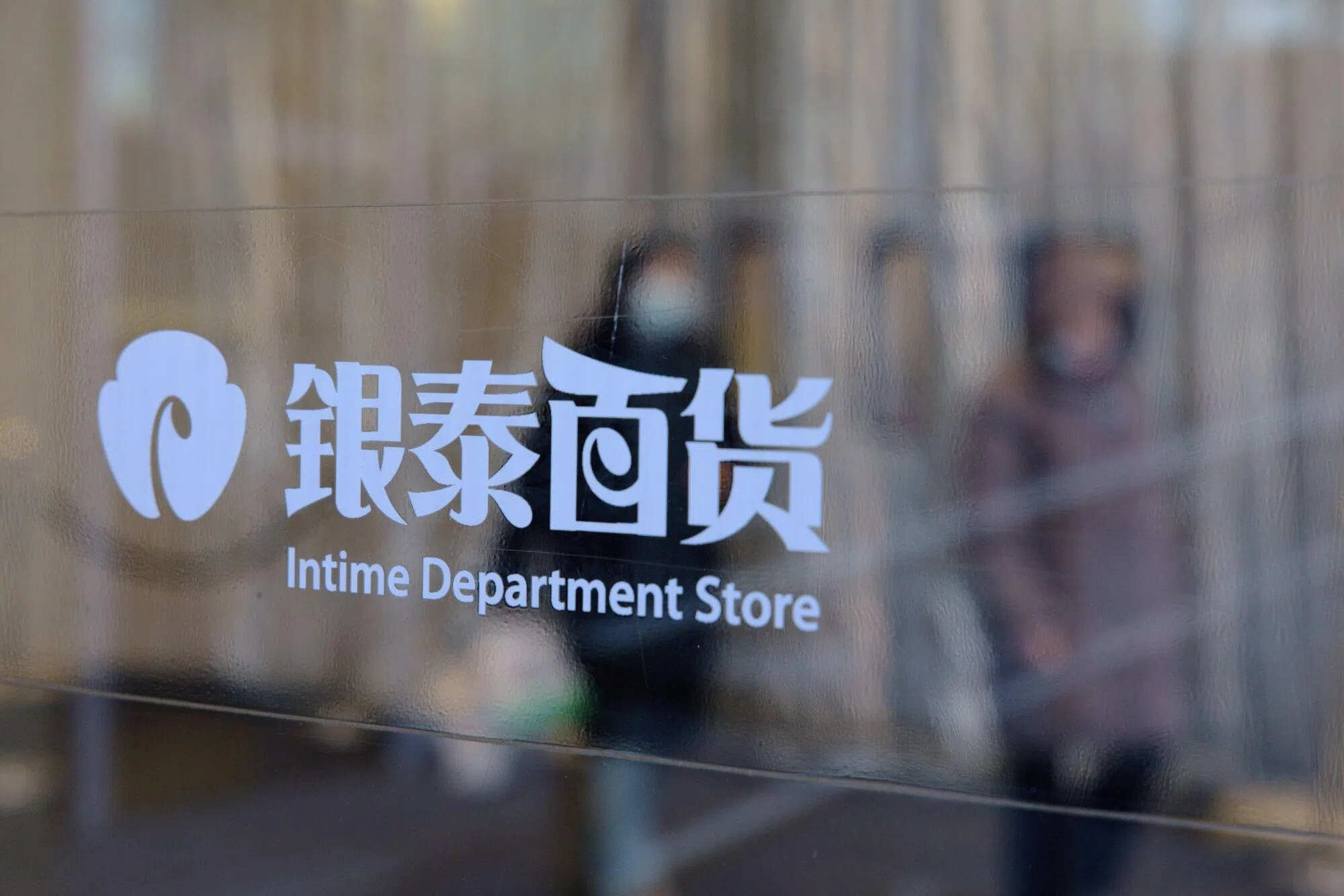CHINA’S securities watchdog does not expect a near-term spike in delistings, it said on Thursday (Jun 6), after investors dumped shares in small-cap companies on fears they could be kicked off the market as Beijing weeds out weaker firms.
The “survival of the fittest” mechanism is gradually taking shape but in the short term, there will not be an “evident increase” in the number of delisted companies, the China Securities Regulatory Commission (CSRC) said in a statement.
Many investors say the risk of buying shares in smaller companies is increasing, while brokerages have forecast a record number of delistings this year.
Niu Chunbao, fund manager at Wanji Asset Management said that under the current regulatory framework, the strategy of ‘stirfying’ or chasing hot small-cap stocks, no long works, instead recommending blue-chips.
China’s small-cap CSI2000 Index has fallen 9 per cent this week, bringing a year-to-date decline to 23 per cent. In contrast, the bluechip CSI300 Index has risen 5 per cent so far this year.
Teeth and thorns
Under new chairman Wu Qing, the CSRC has vowed to regulate with “teeth and thorns” to revive confidence in the stock market.
GET BT IN YOUR INBOX DAILY
Start and end each day with the latest news stories and analyses delivered straight to your inbox.
Regulators raised the bar for company listings and moved to weed out “zombie companies” and “black sheep” in a raft of reform measures published in April.
Nearly 100 China-listed companies have been tagged “ST” (special treatment) this year to flag delisting or other risks, bringing the total number to 169, the CSRC said on Thursday.
But in an apparent attempt to ease investor anxiety, the watchdog said the number doesn’t represent a jump from previous years, and the ST label can be removed if a company’s fundamentals improve.
An index tracking ST stocks has tumbled more than 50 per cent this year, with gold miner YanTai Yuancheng sliding 96 per cent on Thursday alone.
Zhang Kexing, general manager of Beijing Gelei Asset Management, said many small companies face uncertainty, so he now only picks leading industry players that can “let investors sleep soundly at night”.
As recently as a year ago, investors were snapping up small-caps, which had outperformed blue-chips during the economic wobble of previous years.
Lu Deyong, a retail investor who says he made a handsome profit betting on small-caps in the past, is now changing tack.
“Those small-caps with poor fundamentals face the risk of being spurned,” said Wu, who is embracing blue-chips such as PetroChina and Kweichou Moutai. REUTERS







